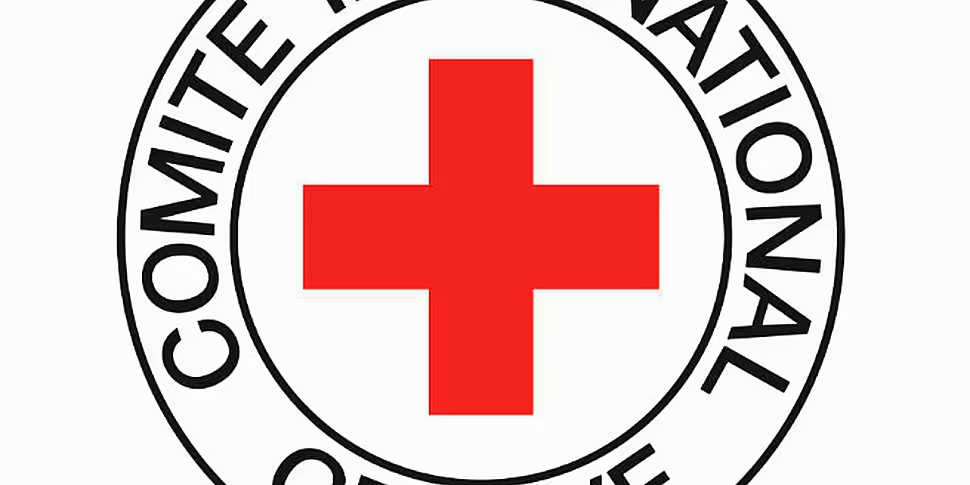The Red Cross is an international humanitarian movement that has attracted hundreds of millions of volunteers across the world.
Its duty is to act as a neutral organisation, protecting human life and providing medical assistance in areas of conflict and need.
These movements exist all over the world today, from the United States, to Ireland and the Far East. All of these entities work under the banner of the International Red Cross and Red Crescent Movement.
The two main components of the movement are the International Committee of the Red Cross (ICRC) and the International Federation of Red Cross and Red Crescent Societies (IFRC).
The former was founded in 1863 in the wake of the French-Sardinian-Austrian war. In 1859, within this atmosphere of great violence and barbarity, the Swiss businessman Jean Henri Dunant, on his way to a meeting with Napoléon, took the initiative to help and tend to those who had perished and were wounded.

The Red Cross at work in 1864
Four years later, in March 1863, Dunant founded the ‘Committee of the Five’ along with Gustave Moynier, Louis Appia, Théoodore Maunoir and Guillaume-Henri Dufour. Their proposals were agreed and adopted at an international conference in Geneva later that year, attended by governmental delegates and other organisations.
They were also confirmed on a wider scale at the first Geneva Convention in 1864, 150 years ago.
Then, in 1919 the Federation of Red Cross and Red Crescent Societies (IFRC) was founded, initially the League of Red Cross Societies. This was in the aftermath of World War One, which demonstrated the ravages of war and the fine balance that was keeping Europe and the wider world from engaging in such brutal conflicts.
At this time, greater cooperation between the various societies was encouraged in response to the widespread nature of the Great War.
These kinds of partnerships were championed by Henry Davidson, president of the American Red Cross War Committee.
Their immediate concern was to help rebuild Europe as the continent emerged from the devastation of war, but over time they continued to grow. The founding members of the US, Britain, France, Italy and Japan expanded further and today, they are represented by almost 200 national societies.
As their expansion continued, the organisations official name did too, in order to reflect the various cultures they now represented. In 1991 it was renamed ‘The International Federation of Red Cross and Red Crescent Societies.'

Jean Henri Dunant, founder of the Red Cross
For their contributions during the First World War, the ICRC was awarded the Nobel Peace Prize in 1917, the only such award granted during these years. In particular, it was noted how the organisation assumed the role of moral guardian of the Geneva Convention. Additionally, measures such as establishing a Central Prisoners of War Agency were lauded.
It was again bestowed with this honour in 1944, with the ceremony occurring after World War Two concluded. The Nobel Committee commented at this time that the Red Cross had worked ‘for the cause of mankind and for the creation of the international organisation whose task will be to bring to reality the dream of preventing war.’
Finally, in 1963, both the ICRC and the IFRC were granted the Nobel Peace Prize. On this occasion, it was to mark the centennial of the movement’s birth.

Ceremony for the 1963 Peace Nobel Prize; from l/r Crown Prince Harald, King Olav of Norway, Leopold Boissier, President of the International Committee of the Red Cross and John A. MacAulay, Chairman of the League of Red Cross Societies
In his presentation speech, Nobel Committee Member Mr. Carl Joachim Hambro recited the poem ‘Little Things’ by Julia Fletcher Carney, which became popular in the early years of the movement to describe the work of the Red Cross:
Little drops of water,
Little grains of sand,
Make the mighty ocean
And the pleasant land.
Thus the little minutes,
Humble though they be,
Make the mighty ages
Of eternity.
Thus our little errors
Make a mighty sin;
Drop by drop the evil
Floods the heart within.
Little deeds of kindness,
Little words of love,
Make our earth an Eden,
Like the heaven above.
Listen in to this week’s Talking History as the history of the Red Cross Movement will be addressed.
Did the foundation of the Red Cross change the landscape of war? How has the organisation developed since this time? And why is the Red Cross still important today?
Join Patrick and his expert panel as they discuss these issues and much more.









